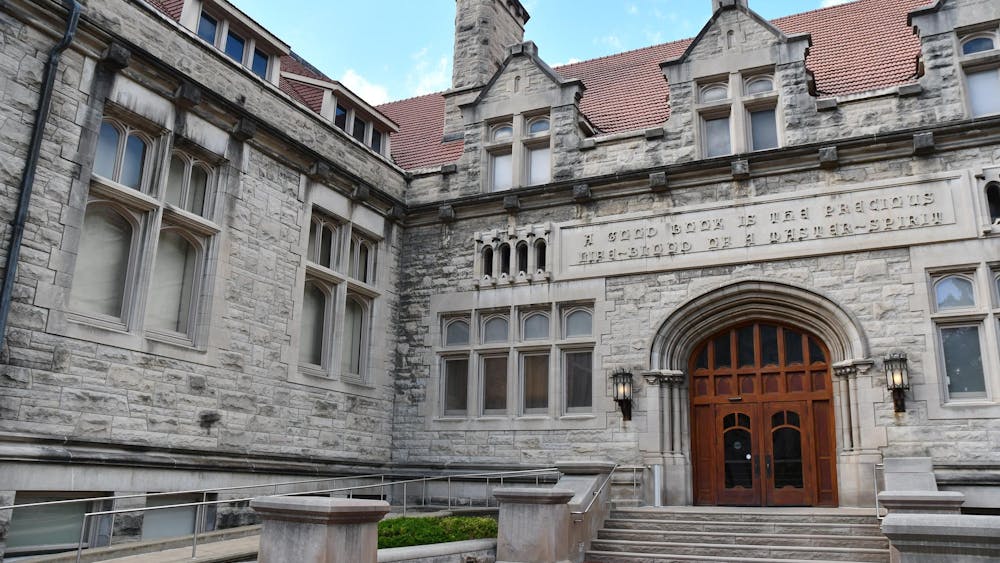They say it takes a village to raise a child.
That same village is needed when it comes to helping and caring for new mothers.
According to the New York Times, about one in seven mothers experiences postpartum depression, which can have serious detrimental effects on both mother and child.
A panel of experts appointed by the Department of Health and Human Services now recommends screening women for depression both during pregnancy and after childbirth.
While some pregnant and postpartum women undoubtedly suffer from mental illness such as depression, our society is perhaps too quick to label an unhappy new mother as depressed or otherwise mentally ill.
Parenting is a never-ending job that can wear down even the happiest people. When mothers are left to raise their children practically alone, it’s no wonder that many of them become depressed.
It isn’t only single mothers who lack adequate social support.
Even new mothers who are married or have a partner often find themselves burdened with an enormously unequal share of parenting duties.
According to a 2011 United States government survey cited by U.S. News and World Report, 72.1 percent of married mothers employed full time also cared for their children on an average day, compared to only 55.1 percent of married fathers working full time.
The survey also found these same mothers spent an average of 51 minutes a day on housework, as compared to a paltry 14 minutes a day on average for fathers.
As a society, we give new mothers an impossible task and then pathologize them, or treat them as unhealthy, when they fail.
Human babies were never meant to be raised in isolation, nor were human mothers ever designed to spend almost all their waking hours alone with a screaming infant.
When new mothers live in near-solitary confinement with tiny humans who place constant demands on them, the problem is not disordered brain chemistry but a societal failure to take collective responsibility for the children and mothers in our midst.
While the existing research on the occurrence of postpartum depression in other cultural contexts is inconclusive, some studies suggest that there may be a cultural component to how likely a new mother is to develop depression.
Studies also indicate rates of depression in new mothers might decrease when mothers have help and support from extended family, friends and neighbors.
“Some of the rituals practiced within cultures may be protective against postnatal depression because they provide social and practical support for the new mother,” according to a report from the World Health Organization.
Screening pregnant and postpartum mothers for depression is an admirable and worthy goal. But if a patient seems depressed, the problem might not be brain chemistry.
It might be that she lacks the social support that any new mother needs.
woodsmj@indiana.edu
@miriamjwoods





